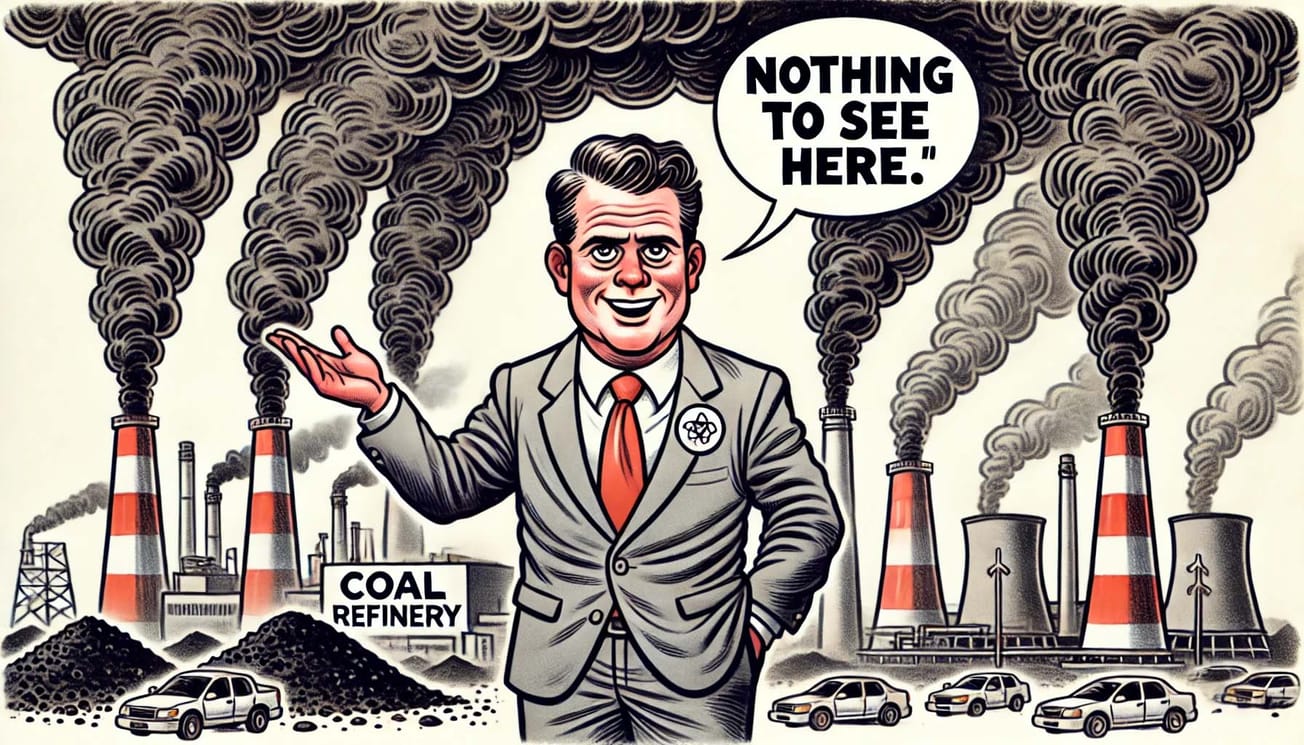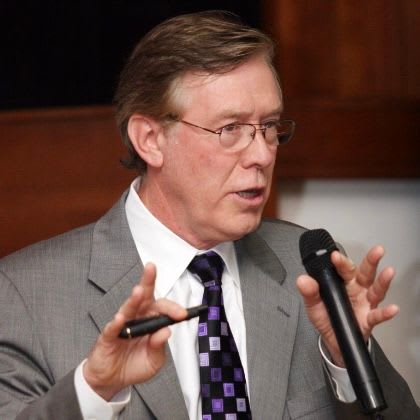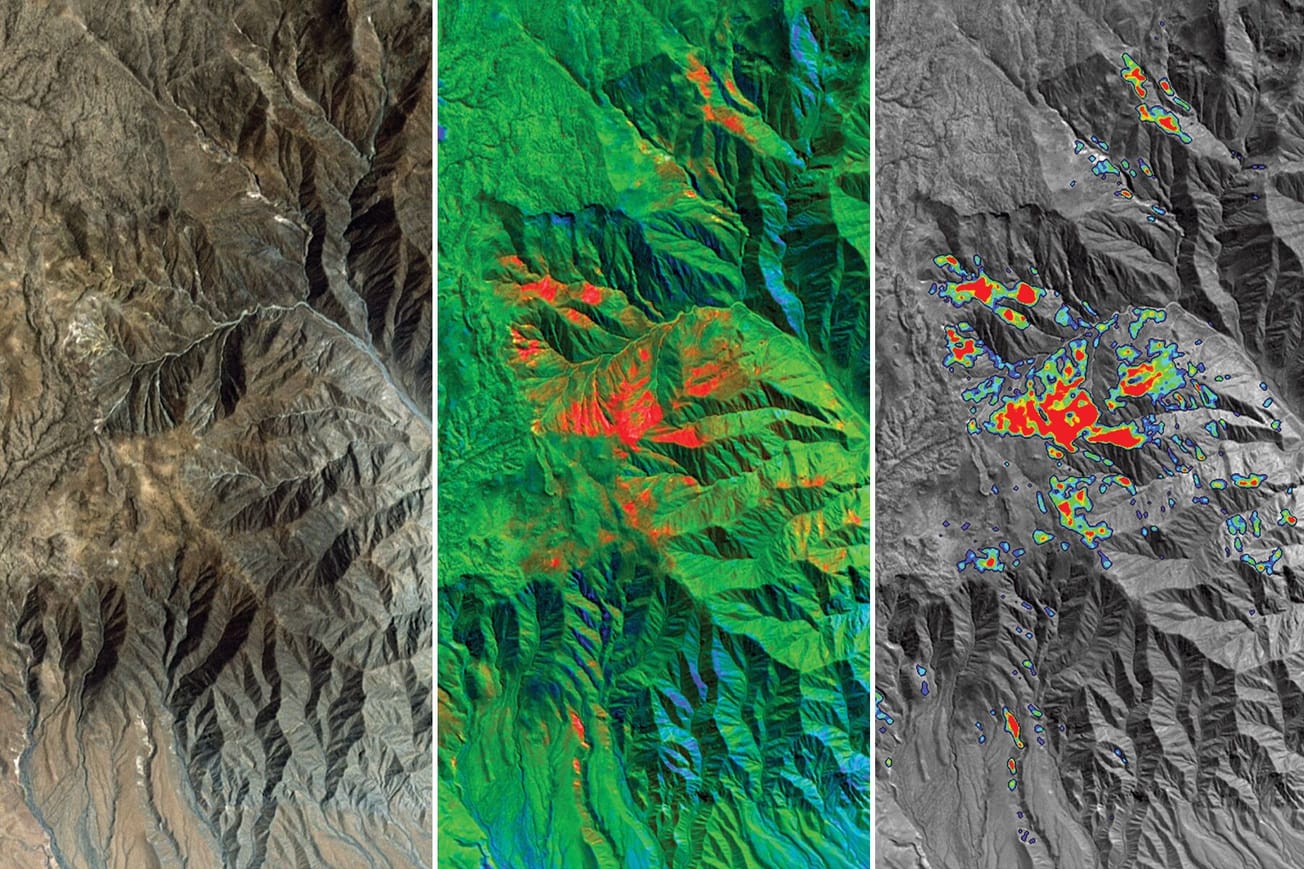In a stark reversal of decades of environmental progress, the Trump administration has launched an aggressive campaign to dismantle climate change policies, withdraw from global agreements, and strip federal agencies of their ability to address the growing climate crisis. Through a coordinated assault on science, international cooperation, and environmental regulations, the administration is not just deprioritizing climate action—it is actively erasing it from America’s national and global agenda.
At the recent Powering Africa Summit, U.S. Energy Secretary Chris Wright laid bare the administration’s unabashed embrace of fossil fuels, mocking Western efforts to discourage African nations from developing coal. His remarks—"We've had years of Western countries shamelessly saying don't develop coal, coal is bad. That's nonsense, 100 percent nonsense. Coal transformed our world and made it better." Secretary Wright not only glorified one of the dirtiest energy sources but forcibly signaled a deliberate rejection of the urgent global transition to clean energy.
Wright’s remarks are emblematic of a broader Trump administration agenda—one that champions fossil fuels under the pretense of energy independence, even in regions where the economic and environmental toll of coal dependency is severe. By urging African nations to expand coal production, the administration is steering them toward the very environmental and public health crises that wealthier nations have spent decades trying to escape.
Yet, beneath the rhetoric of “energy sovereignty,” there lies an unspoken geopolitical motive—to dissuade African leaders from embracing China’s wind and solar energy investments. Rather than supporting a sustainable energy transition, the administration is using fossil fuels as a strategic counterweight, seeking to limit Beijing’s growing influence on the continent. This approach does not prioritize Africa’s long-term economic resilience or environmental well-being; instead, it exploits energy policy as a tool for geopolitical rivalry, leaving nations with the burden of outdated, high-emission infrastructure that the rest of the world is working to abandon.
Perhaps most tellingly, Wright acknowledged that climate change is a "real physical phenomenon" but dismissed it as not even making his list of the top ten global issues. In doing so, the administration is not just deprioritizing climate action—it is deliberately sidelining it.
The Trump administration’s withdrawal from international climate agreements underscores its commitment to reversing progress on environmental action. On January 20, 2025, President Trump signed Executive Order 14162, titled "Putting America First In International Environmental Agreements," which officially withdrew the United States from the Paris Agreement—for the second time.
The administration also cut all U.S. contributions to the Just Energy Transition Partnership (JETP), a $45 billion global initiative designed to help developing nations move away from coal. The abrupt withdrawal of over $1 billion in U.S. climate finance for South Africa not only undercut the program’s effectiveness but also sent a clear message: America is no longer interested in leading the global fight against climate change.
Further reinforcing its isolationist stance, the administration rejected the United Nations Sustainable Development Goals (SDGs), arguing that these global objectives—which address poverty, gender equality, and climate action—conflicted with U.S. sovereignty. By walking away from these commitments, the administration has turned its back on addressing climate change, weakening international cooperation on critical environmental issues.
Beyond rolling back climate policies, perhaps the most alarming aspect of the Trump administration’s agenda is its deliberate suppression of climate science, systematically erasing research, silencing experts, and eliminating access to vital data. This is not merely a policy shift—it is a calculated effort to keep the public uninformed, ensuring that his political base remains antagonistic toward climate action by framing it as a partisan issue rather than an existential global challenge.
President Trump’s strategy weaponizes ignorance, transforming climate science into a target of political division. By demonizing environmental policies as "Democratic overreach," he fuels a narrative of resistance, where rejecting climate action becomes an act of loyalty rather than a rational policy debate. This rhetoric further emotionalizes the discourse, strengthening his base’s rejection of climate initiatives, not through scientific reasoning, but through ideological entrenchment.
Shortly after Trump’s return to office in January 2025, the Environmental Protection Agency (EPA) website was stripped of critical climate information. References to climate change were systematically removed from key sections, including the main navigation menu, making access to factual, science-backed research significantly more difficult. Entire sections dedicated to climate data and scientific reports were either deleted or buried deep within the site, effectively rendering them inaccessible to the public. These actions directly mirror Trump’s first term, when climate-related content was altered, distorted, or eliminated to align federal messaging with his administration’s fossil fuel-friendly stance.
This is more than just bureaucratic restructuring—it is an assault on truth itself. By removing climate data from public view, the administration is not only undermining the scientific community but actively disarming the American public in the fight against climate change. Without access to factual, evidence-based research, policymakers, scientists, and citizens alike are left vulnerable to manipulated narratives that prioritize short-term political gain over the long-term survival of the planet.
The systematic erasure of climate science extends far beyond the EPA. Across multiple federal agencies, the Trump administration has engaged in a coordinated effort to eliminate references to climate change, obstructing access to critical information and crippling the ability of agencies to respond to environmental threats.
At the Department of Agriculture (USDA), references to climate change were scrubbed from reports and online resources, a move that experts warn has left farmers blind to the shifting weather patterns and agricultural risks that threaten their livelihoods. Without access to essential data, America’s farmers—who depend on accurate climate projections for crop planning, soil management, and disaster preparedness—are being forced to navigate an increasingly volatile environment in the dark.
At the Federal Emergency Management Agency (FEMA), the administration’s hostility toward climate science reached absurd new heights. Immediately following Trump’s 2025 inauguration, FEMA purged the word “climate” from its website, even as the nation faced an onslaught of climate-driven disasters—hurricanes, wildfires, and floods that are growing in both frequency and intensity. By denying reality rather than preparing for it, FEMA is being forced to operate with one hand tied behind its back, limiting its ability to coordinate disaster response and protect American communities from the very threats it was designed to address.
The Department of Homeland Security (DHS) followed suit, quietly removing web content related to climate change, further distancing the agency from its role in assessing climate-related security risks, such as coastal infrastructure failure, migration crises, and resource conflicts. Meanwhile, the Council on Environmental Quality (CEQ) and the Office of Science and Technology Policy (OSTP)—which have historically played a crucial role in guiding federal climate research and policy—were effectively gutted, with staff reductions and funding cuts rendering them powerless.
This deliberate dismantling of climate governance is not merely an attack on environmental policy—it is an assault on national preparedness, public safety, and America's ability to confront an escalating crisis. The Trump administration is not just ignoring climate change; it is erasing the very mechanisms needed to fight it, ensuring that future generations will inherit a nation that is less informed, less resilient, and dangerously unprepared for the challenges ahead.
This relentless crusade against climate science and policy is more than a failure of leadership—it is an active decision to sacrifice the future at the altar of fossil fuel interests. While the rest of the world races ahead, investing in clean energy and building climate resilience, the United States is doubling down on outdated fossil fuels, gutting climate finance, and silencing the research that could help shape real solutions. This is not just shortsighted—it is self-inflicted decline. By abandoning climate action, the Trump administration is not only ceding global leadership but jeopardizing the economic, environmental, and security foundations of the nation itself. This is not just reckless—it is national self-sabotage.












